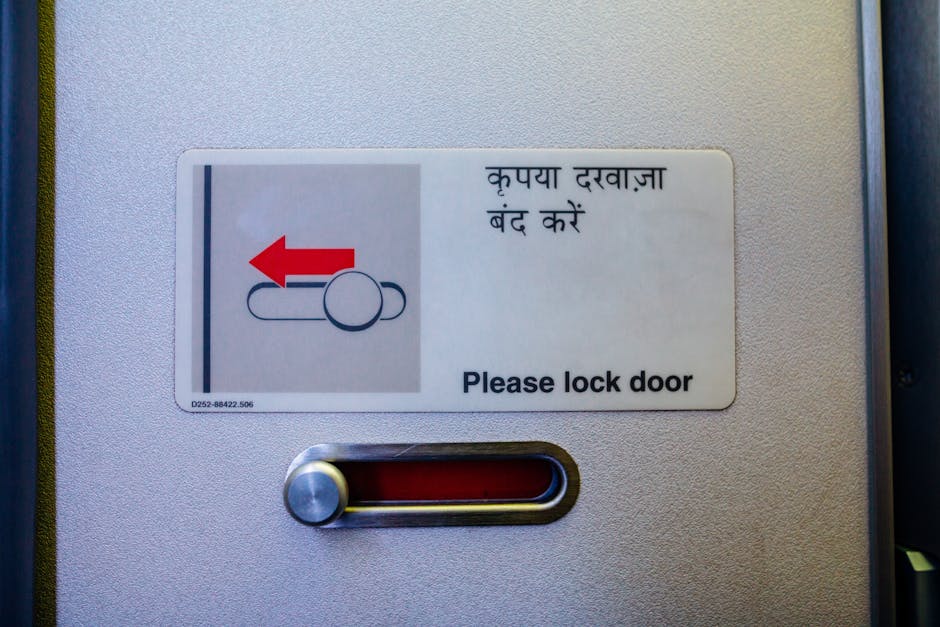Introduction
The GCC hospitality sector thrives on reputation and guest trust. However, this trust is fragile. A single security incident can cause immense reputational and financial damage. Therefore, a robust Compliance Guide for Security recruitment is not optional. It is a fundamental operational necessity.
Additionally, the regulatory landscape across Gulf Cooperation Council nations is complex and dynamic. Each emirate and kingdom has its own labor and security laws. Furthermore, international standards often apply to luxury hotels and resorts. Navigating this requires a specialized, methodical approach. This guide provides that roadmap.
We will explore the critical importance of compliant security hiring. We will also detail the best practices for implementation. This ensures your property remains a safe haven for guests. It also protects your business from legal and financial penalties.
Understanding Compliance Guide for Security
A Compliance Guide for Security recruitment is a structured framework. It outlines the legal and procedural requirements for hiring security personnel. This is particularly crucial within the GCC’s hospitality industry. The framework ensures every hire meets stringent local and international standards.
Specifically, it covers pre-employment screening protocols. It also details necessary certifications and background checks. Moreover, it aligns hiring practices with both national law and internal corporate policies. Consequently, it mitigates risk from the very first stage of employment.
For example, a hotel in Dubai must adhere to UAE government employment regulations. Meanwhile, a resort in Saudi Arabia follows different guidelines. A unified guide harmonizes these requirements. It creates a consistent, defensible hiring process.
Compliance Guide for Security Benefits
Implementing a rigorous security recruitment compliance framework offers immense advantages. Firstly, it significantly reduces legal exposure. Non-compliance with labor laws can result in hefty fines or operational shutdowns. A proper guide acts as your first line of defense.
Secondly, it enhances the overall safety and security of your premises. Guests and assets are better protected by thoroughly vetted professionals. This directly strengthens your brand’s reputation for safety. Furthermore, it can lead to lower insurance premiums.
Thirdly, it streamlines the entire hiring process. HR teams have clear, actionable steps to follow. This reduces administrative errors and speeds up onboarding. Therefore, security posts are filled faster with qualified candidates. This operational efficiency is a key benefit.
How Compliance Guide for Security Works
A functional guide operates through several key phases. It begins with a comprehensive risk assessment. This identifies the specific security threats facing a hospitality venue. Next, it maps the mandatory legal requirements from entities like the International Labour Organization guidelines.
The core of the guide is the candidate vetting protocol. This includes validating professional licenses and past employment history. It also mandates criminal background checks and, often, biometric testing. Each step is documented to create an audit trail.
Finally, the process includes continuous training requirements. Security laws and threats evolve. Therefore, the guide mandates ongoing education. This ensures your team’s knowledge remains current and compliant. It is a living document, not a one-time checklist.
Best Compliance Guide for Security Practices
Adopting best practices is crucial for success. First, develop a checklist specific to each GCC country you operate in. While frameworks can be similar, local nuances matter greatly. This specificity prevents oversights during the recruitment drive.
Second, leverage technology for background checks. Automated systems can efficiently verify credentials across borders. They also help maintain detailed digital records for audits. Additionally, use standardized interview questions focused on situational judgment and ethics.
Third, foster strong relationships with local authorities and licensing bodies. They provide the most up-to-date information on regulatory changes. Moreover, consider third-party audits of your process annually. This provides an objective review of your compliance posture.
Compliance Guide for Security Implementation
Rolling out your guide requires a phased approach. Begin by assembling a cross-functional team. Include HR, legal counsel, and head of security. This team will tailor the generic framework to your organization’s specific needs.
Next, develop all necessary documentation and training materials. These include application forms, consent sheets for checks, and policy manuals. Then, pilot the program with a single property or new hires. Use this to iron out any procedural issues.
Finally, conduct training for all hiring managers and recruiters. Everyone must understand their role in maintaining compliance. For ongoing support, leverage professional resources. Full deployment then follows across all locations.
Advanced Compliance Guide for Security Strategies
For large chains, basic compliance is just the starting point. Advanced strategies involve predictive analytics. Analyze data from past hires to identify traits of successful, long-tenured security staff. This improves the quality of recruiting beyond mere legal checkboxes.
Another strategy is integrating with international standards. Align your protocols with World Health Organization workplace standards for health and safety. Furthermore, consider benchmarks from global security associations. This elevates your program to a world-class level.
Additionally, implement a continuous monitoring system. Even after hiring, periodically re-screen employees. This is especially important for security clearance levels. It proactively manages risk throughout an employee’s lifecycle with your company.
Compliance Guide for Security Success Tips
Sustaining success demands constant vigilance. First, assign a compliance officer. This individual owns the guide and stays abreast of all regulatory updates. They ensure the framework never becomes obsolete.
Second, integrate your guide with other business systems. Your HR software should flag incomplete checks automatically. Similarly, payroll systems can be set to prevent processing for non-compliant hires. This creates systemic enforcement.
Third, cultivate a culture of compliance from the top down. Leadership must consistently champion its importance. Regularly communicate its value in protecting jobs and the company’s reputation. When compliance is valued, it is followed.
Future of Compliance Guide for Security
The future of security recruitment compliance is digital and integrated. We will see greater use of blockchain for immutable credential verification. Artificial intelligence will also play a larger role in scanning and assessing candidate backgrounds.
Furthermore, regulatory harmonization across the GCC is likely to increase. This may simplify some processes for multi-national hospitality groups. However, it also means standards will become more stringent. Proactive adaptation will be key.
Staying informed through World Bank economic reports and U.S. Department of Commerce trade information can provide early insights. These trends will shape the next generation of recruitment guides. The goal is always to stay ahead of the risk.
Frequently Asked Questions
Why is a compliance guide critical for security staff in hotels?
Hotels are high-value targets requiring trusted personnel. A compliance guide ensures every security hire is thoroughly vetted. This protects guests, assets, and the hotel’s reputation. It also ensures adherence to strict GCC labor laws.
What are the key components of a security recruitment compliance checklist?
Key components include valid ID checks, criminal record clearance, professional certification verification, previous employment history checks, and validating work permits or visas. Health screenings and reference checks are also vital.
How often should our compliance guide be updated?
Formally review and update the guide annually. However, you must monitor regulatory announcements continuously. Any change in local or international law should trigger an immediate interim update to remain compliant.
Can we use a standardized guide for all GCC countries?
You can have a standardized core framework. However, you must create country-specific appendices. Each GCC nation has unique labor and security regulations. The guide must be tailored to address these local legal requirements.
What is the biggest risk of non-compliant security hiring?
The largest risk is legal liability. If an improperly vetted employee commits an offense, the company faces severe fines and lawsuits. Reputational damage leading to loss of business is another catastrophic consequence.
Where can we get help developing a custom compliance guide?
Specialized HR firms focusing on the GCC region offer the best support. For a tailored solution, consider an expert consultation. They provide insights into local laws and industry best practices.
Conclusion
A robust Compliance Guide for Security is indispensable for GCC hospitality businesses. It transforms a complex regulatory challenge into a manageable, systematic process. This protects your guests, your assets, and your bottom line.
The journey requires commitment but yields significant returns in risk mitigation. By implementing the strategies outlined, you build a resilient security workforce. This workforce is built on a foundation of integrity and legality.
Do not leave your security recruitment to chance. Protect your brand’s integrity and ensure operational excellence. Contact our experts today to develop or refine your customized compliance framework. Secure your future now.




